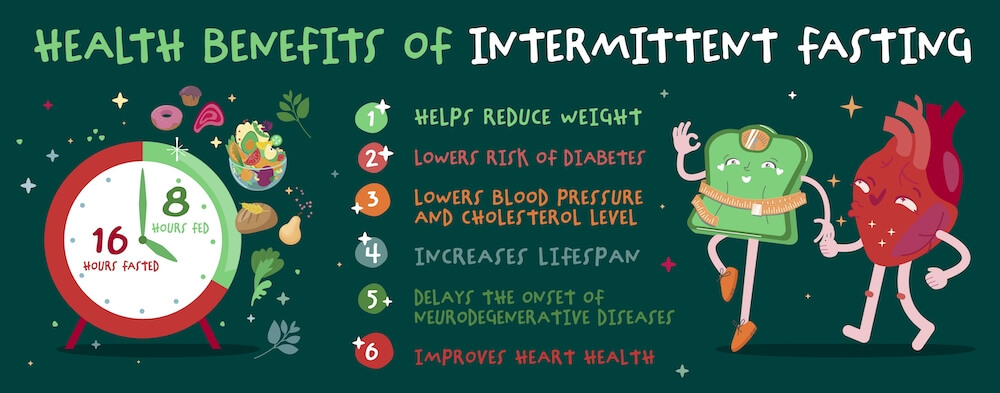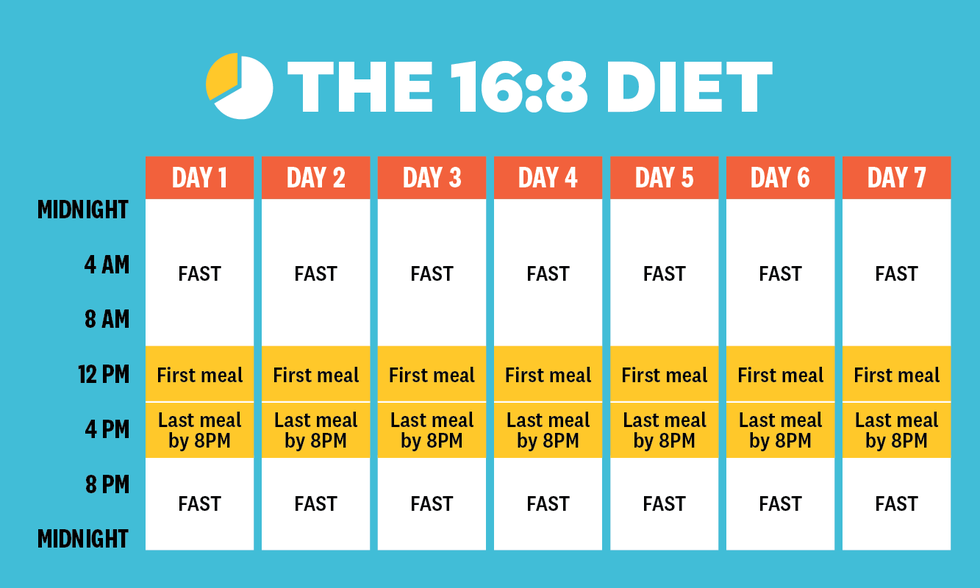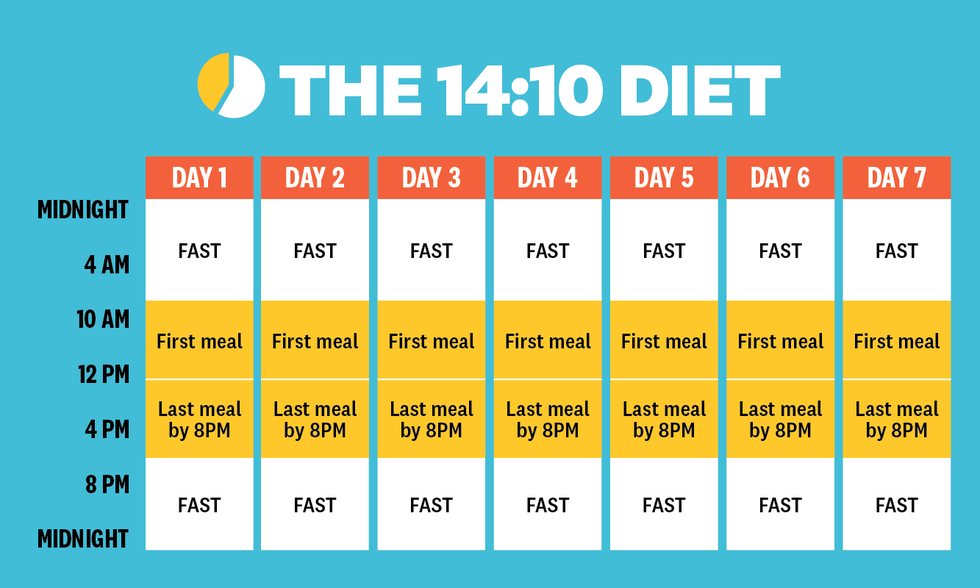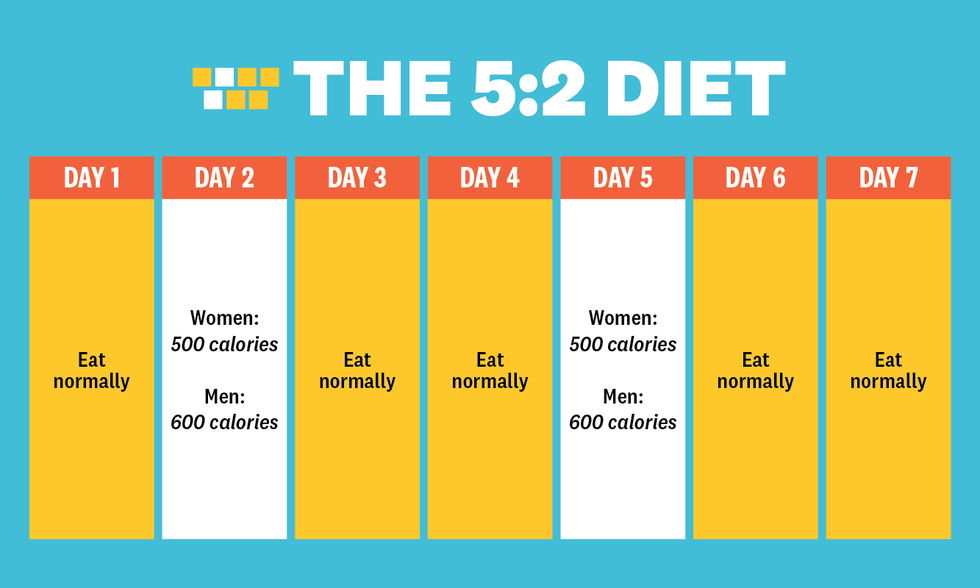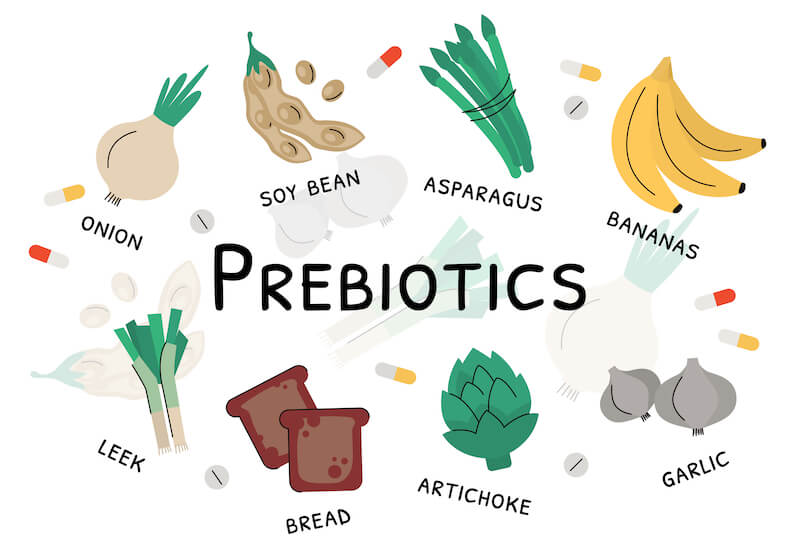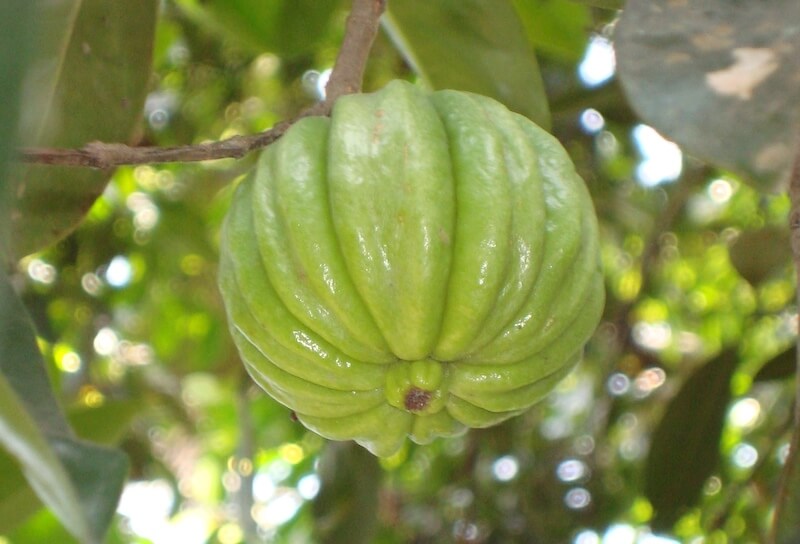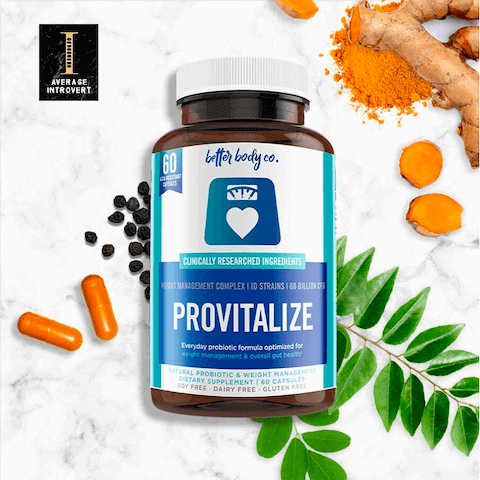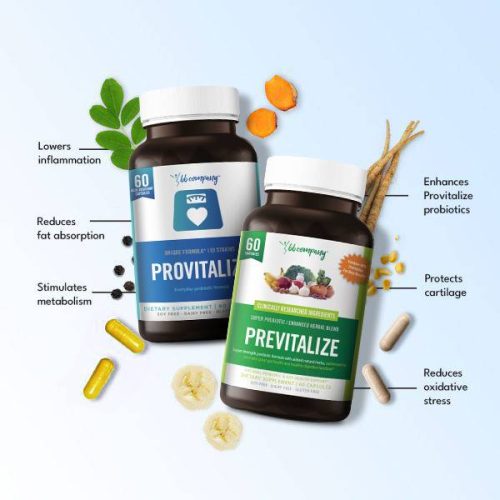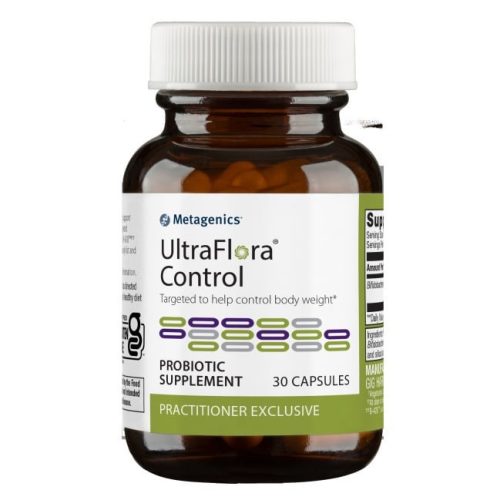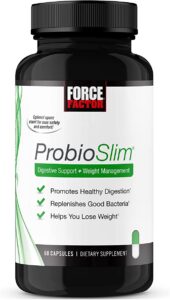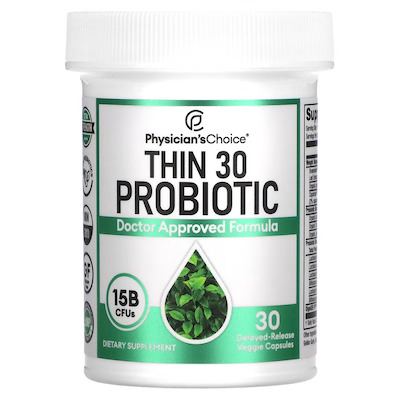Once you’ve found a schedule that works for you, consider taking supplements with weight management properties to help you. Let’s take a look at a few of these examples.
1. Probiotic Strains with Weight Management Properties

Recent studies3 have shown that certain probiotic strains carry weight management benefits for users. The most well-known probiotic strain is L.Gasseri SBT2055, which saw hundreds of adults experience 4.6% to 8.5% belly fat loss and thinner waists in two separate studies4,5. Researchers found that L.Gasseri SBT2055 blocks some of the fats and enables our body to pass them out as feces6.
Other probiotic species like B. Lactis7 and B. Breve8 also showed benefits in stimulating metabolism, enabling our body to convert more saturated fats and cholesterol into expendable energy. This can help to accelerate the benefits of intermittent fasting.
2. Turmeric, Moringa, and Curry Leaves
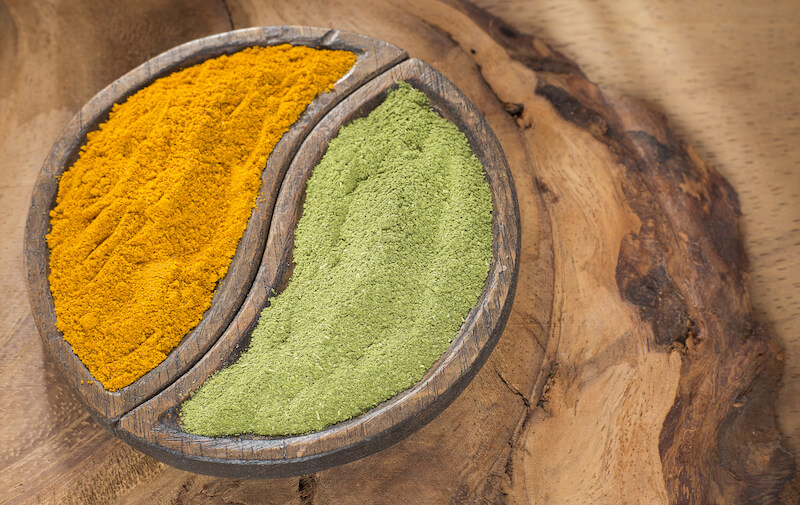
In two interesting studies containing 3 super herbs – turmeric, moringa, and curry leaves, researchers saw weight loss results.
In one 8-week study9 with 41 obese people on an identical diet and exercise regime, those taking 900 mg of a supplement containing moringa, turmeric, and curry lost 10.6 pounds (4.8 kg) — compared to only 4 pounds (1.8 kg) in the placebo group.
The study was repeated again a few years later with 130 overweight individuals. Those given the supplement lost 11.9 pounds (5.4 kg) over 16 weeks, compared to only 2 pounds (0.9 kg) in the placebo group. They also significantly decreased their LDL (bad) cholesterol and increased their HDL (good) cholesterol10
These two studies give us confidence that the combination of these super herbs can support a healthier weight.
3. Glucomannan

Glucomannan is a fiber made from the root of the konjac plant. As a soluble fiber, people believe it takes up space in your stomach and that can promote a feeling of fullness, reducing your hunger. It can also delay stomach emptying12.
Several studies show promising benefits. In the largest study, 176 healthy but overweight people on a calorie-restricted diet were randomly assigned either a glucomannan supplement or a placebo. The average adult saw a loss of 8-10 lbs after 5 weeks13.
However, it is worth noting that the study saw similar results among adults that took other fibers, which may suggest that fibers can support a healthier weight in general and this is not limited to Glucomannan.
In a nutshell
Overall, we recommend picking supplements that are safer to take in the long-term. No matter which supplement you pick, we suggest choosing one that minimizes risks and side effects as no amount of weight loss is worth risking your health for.


